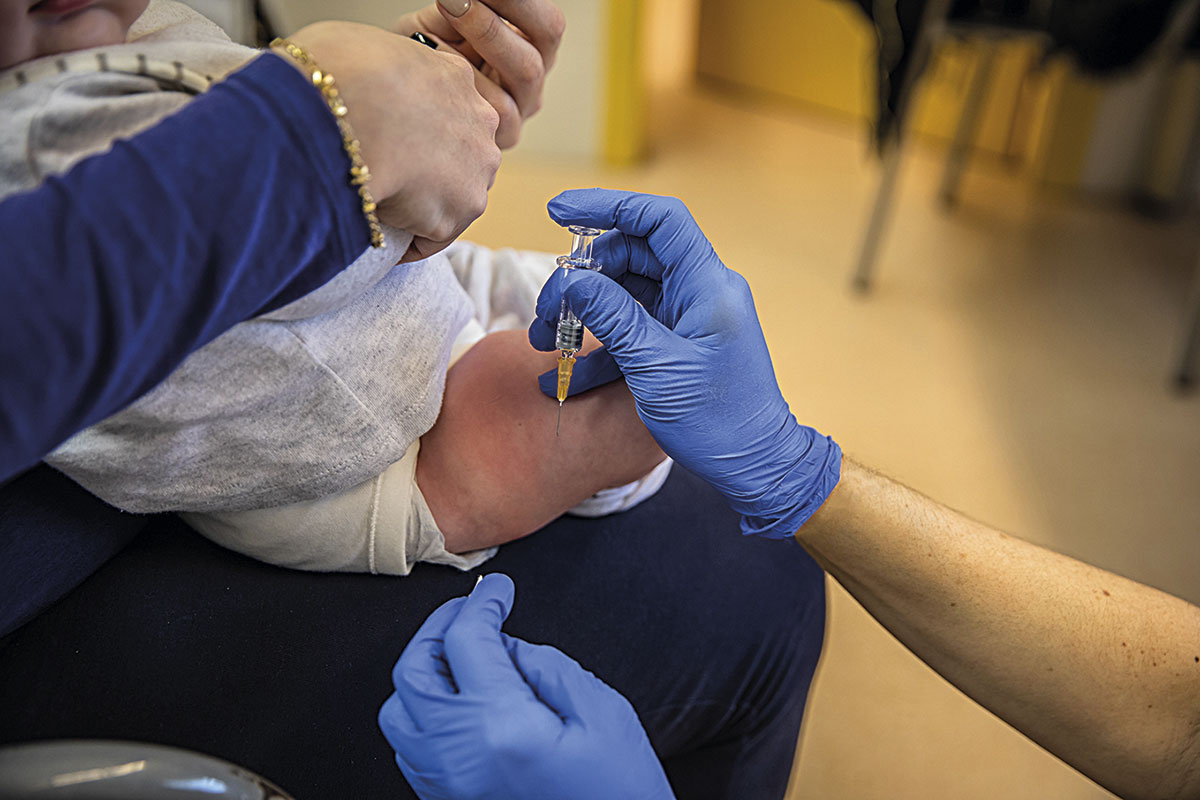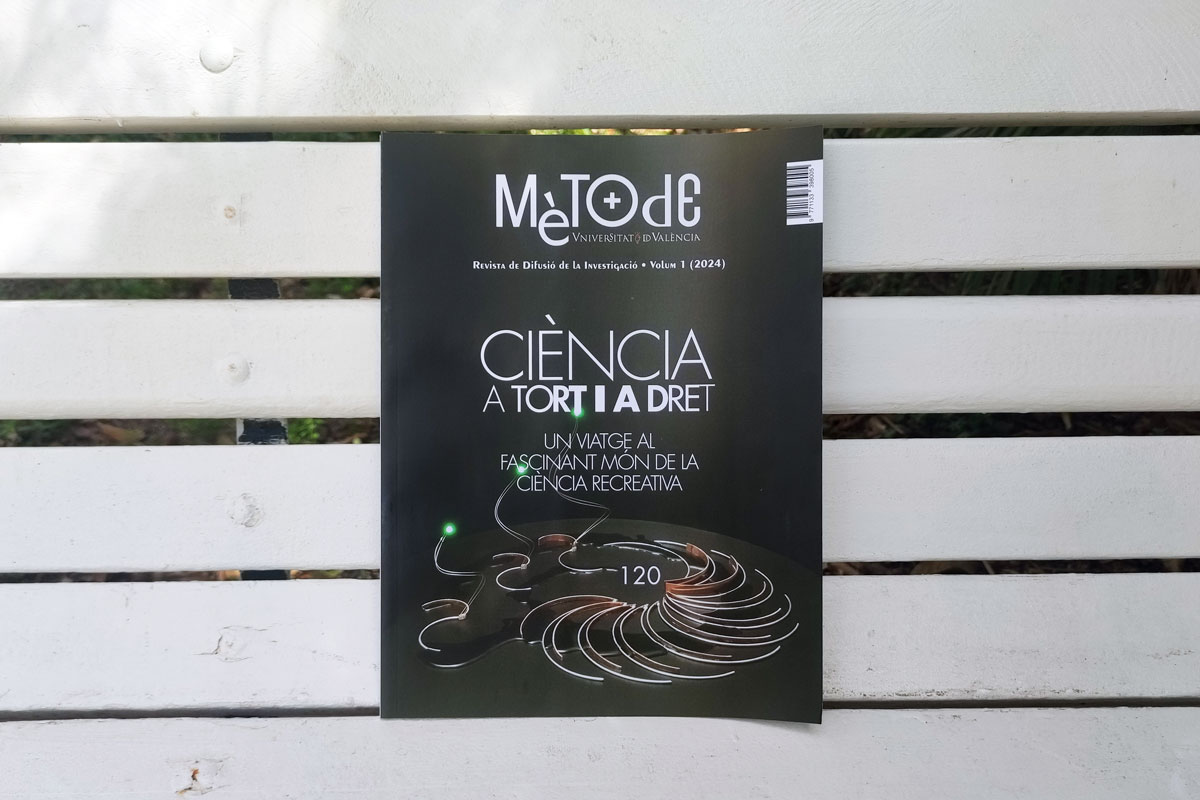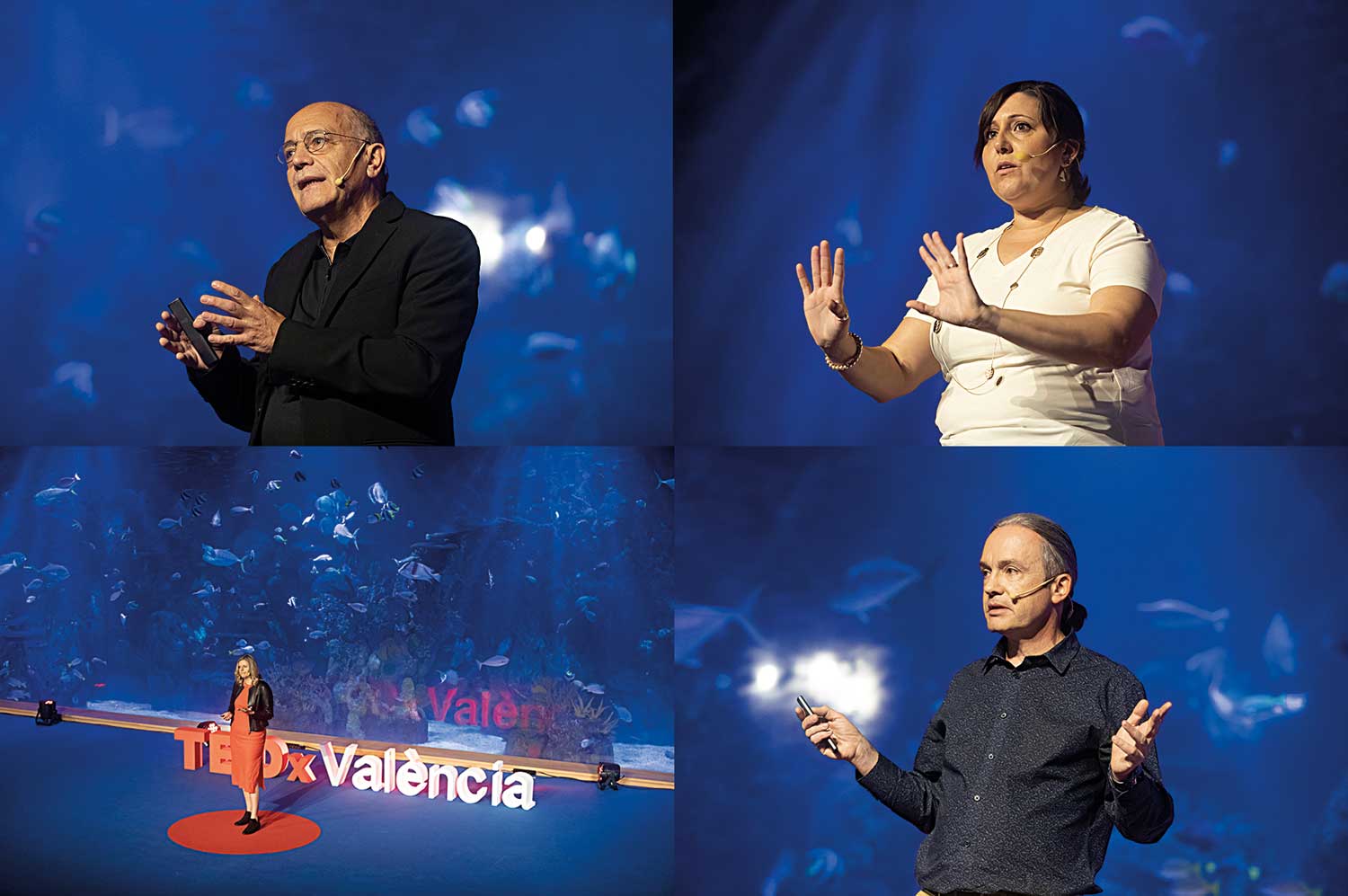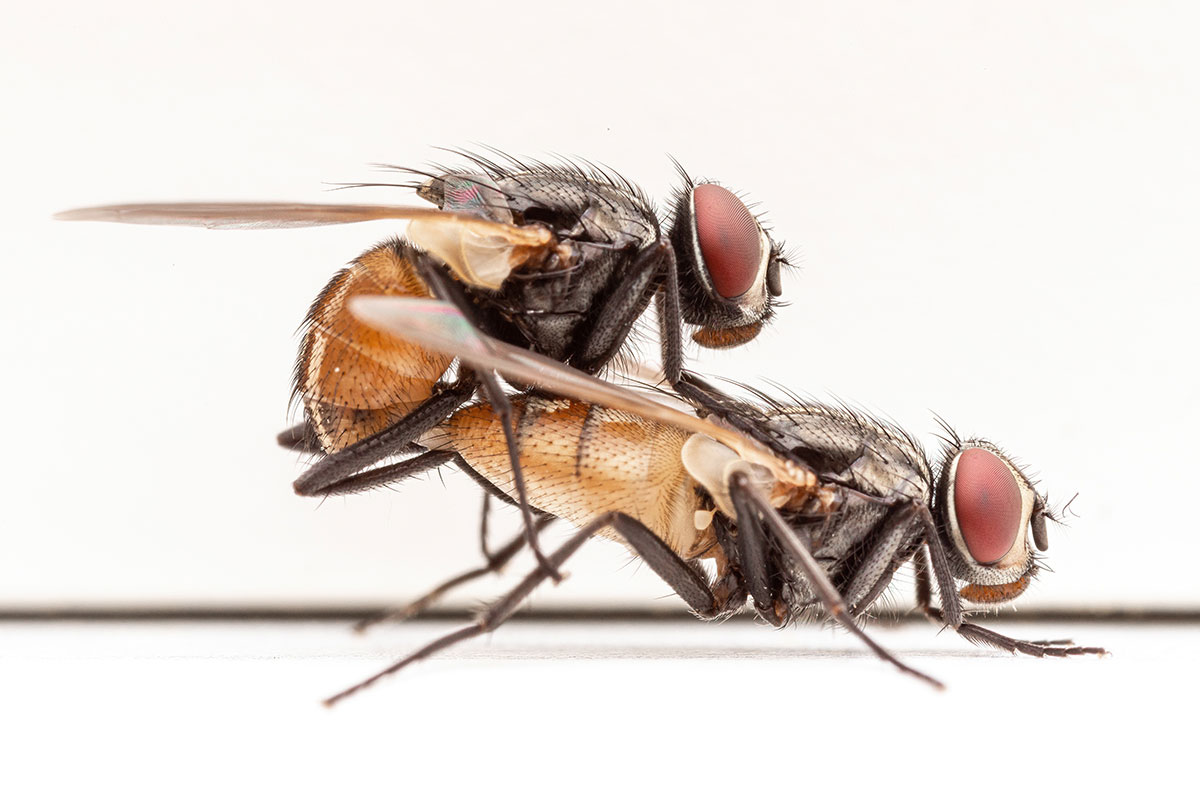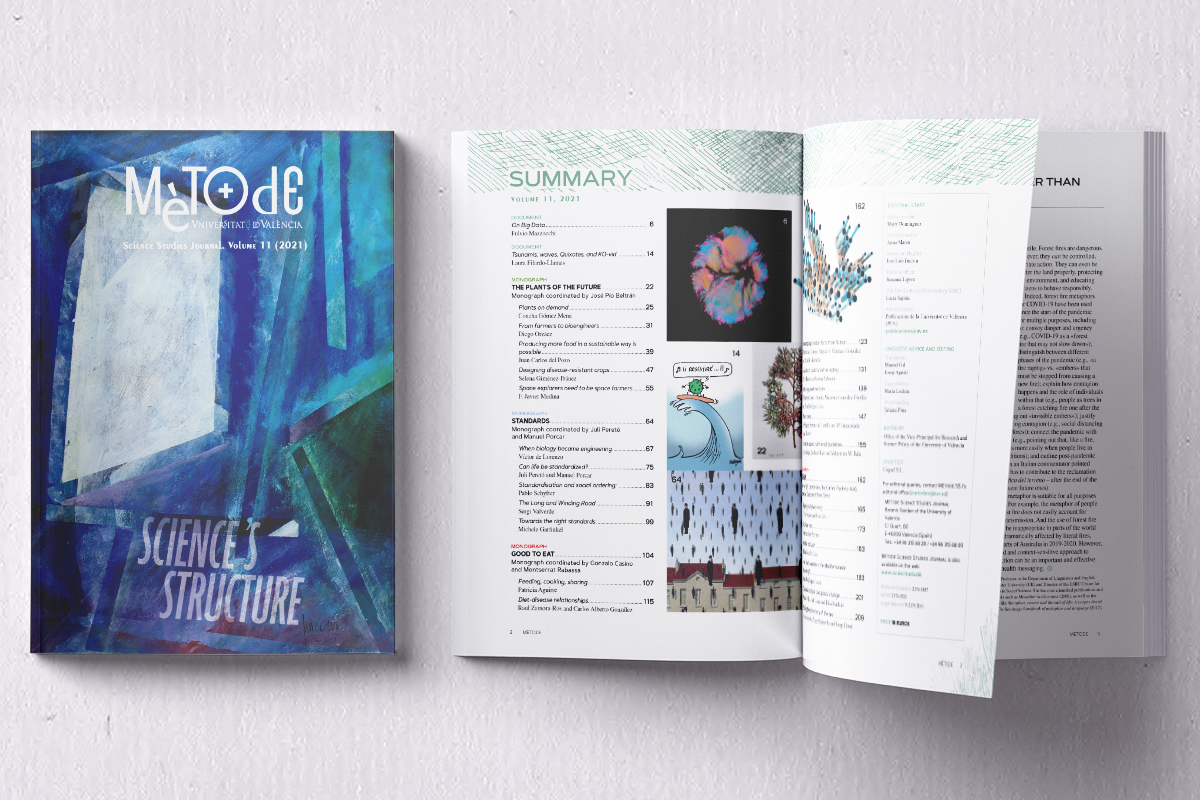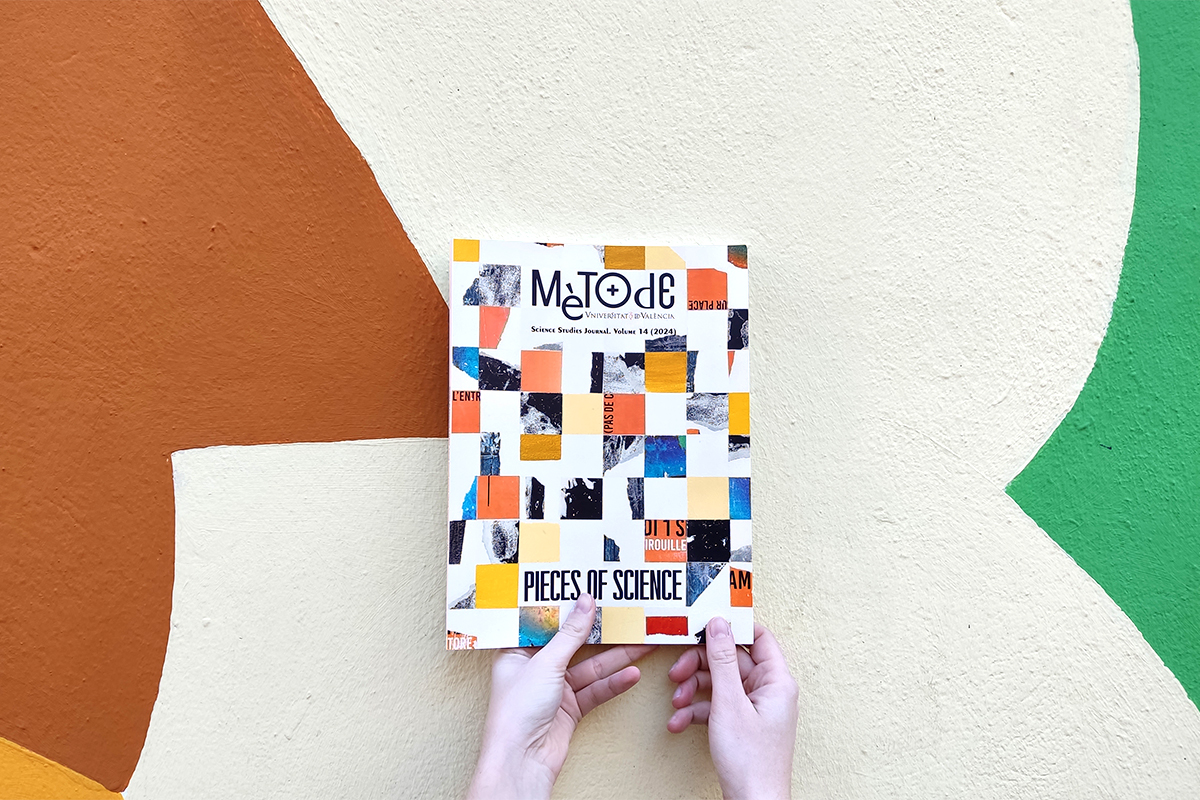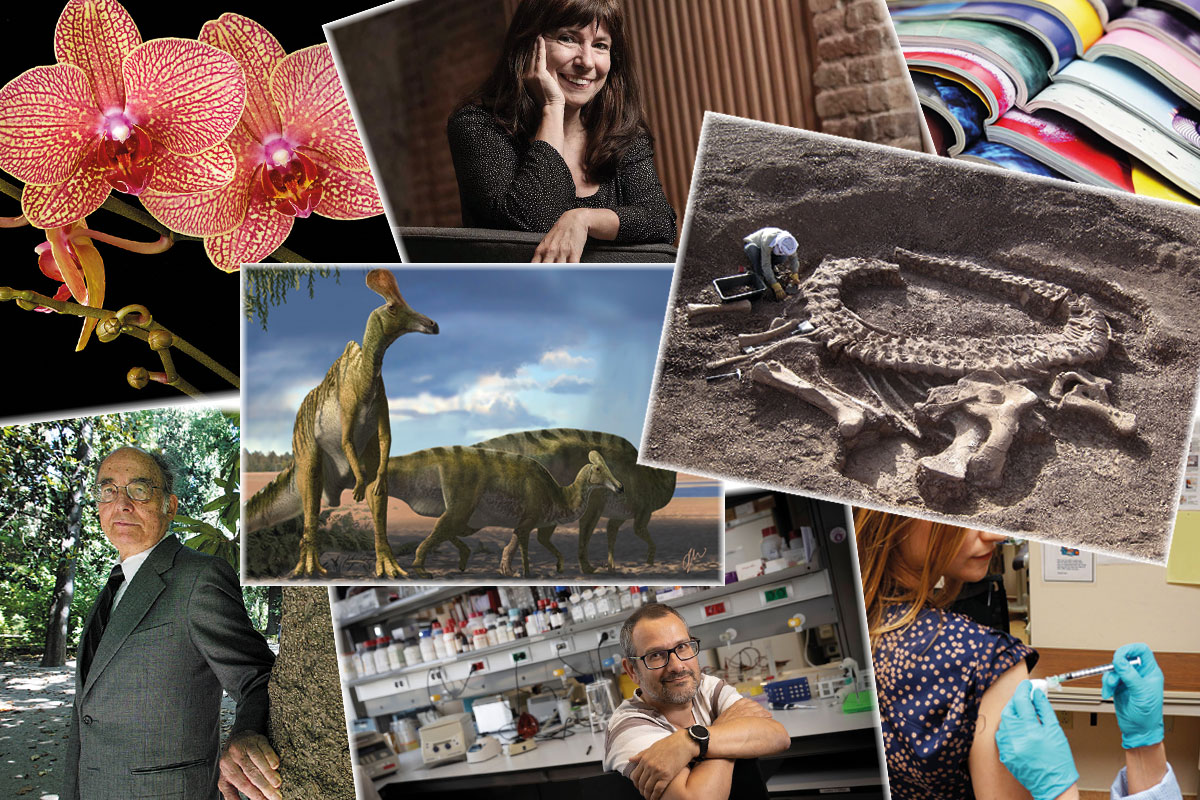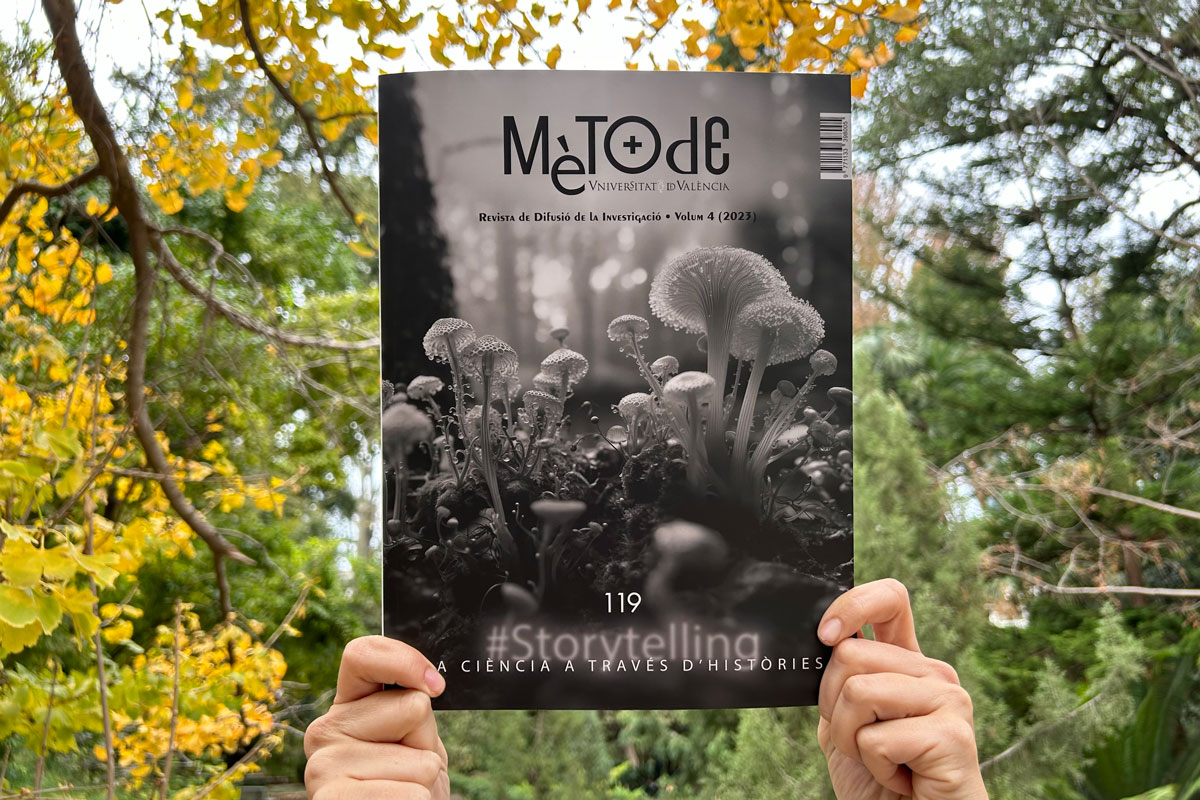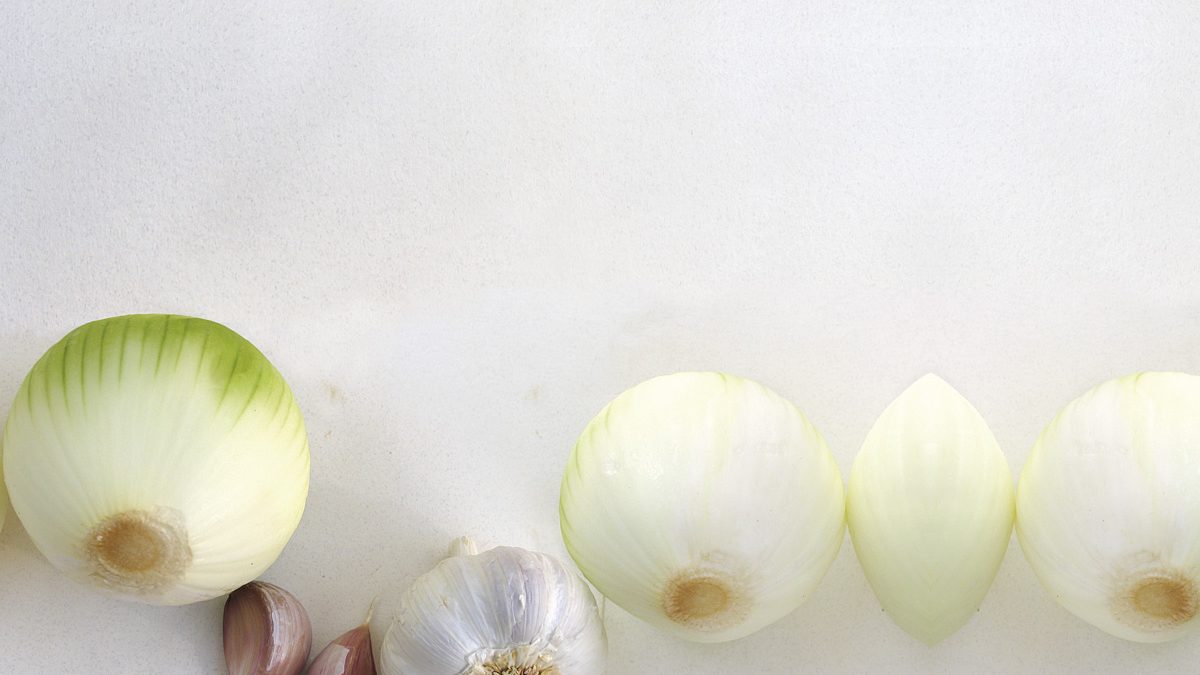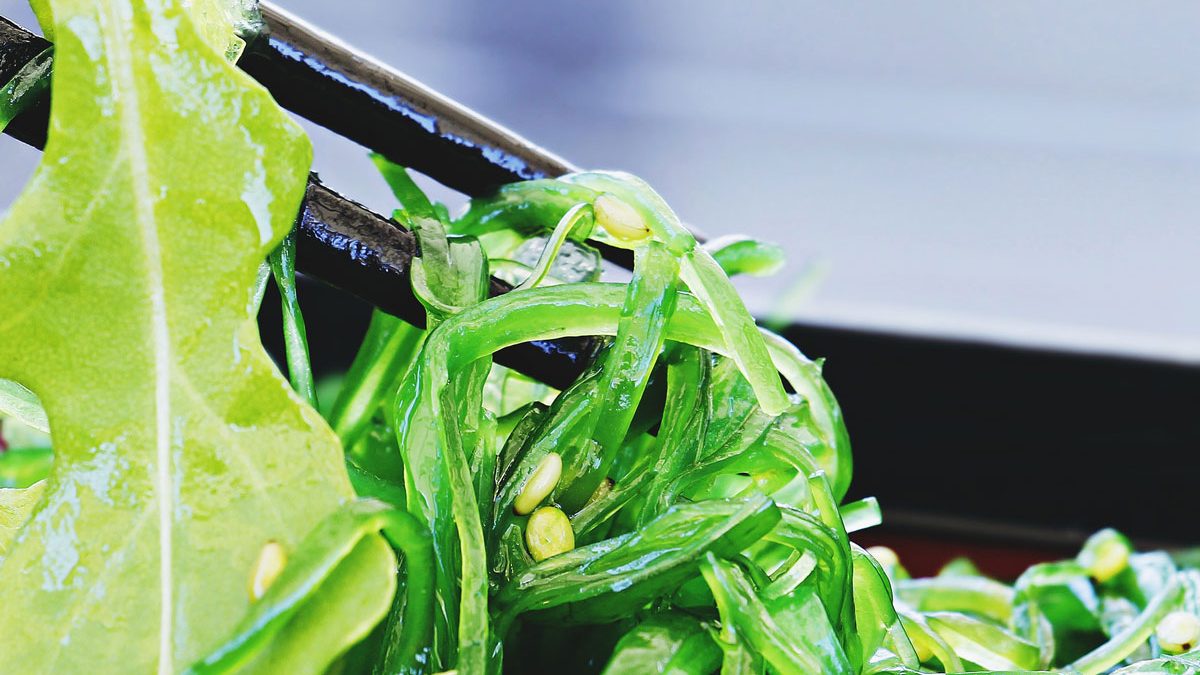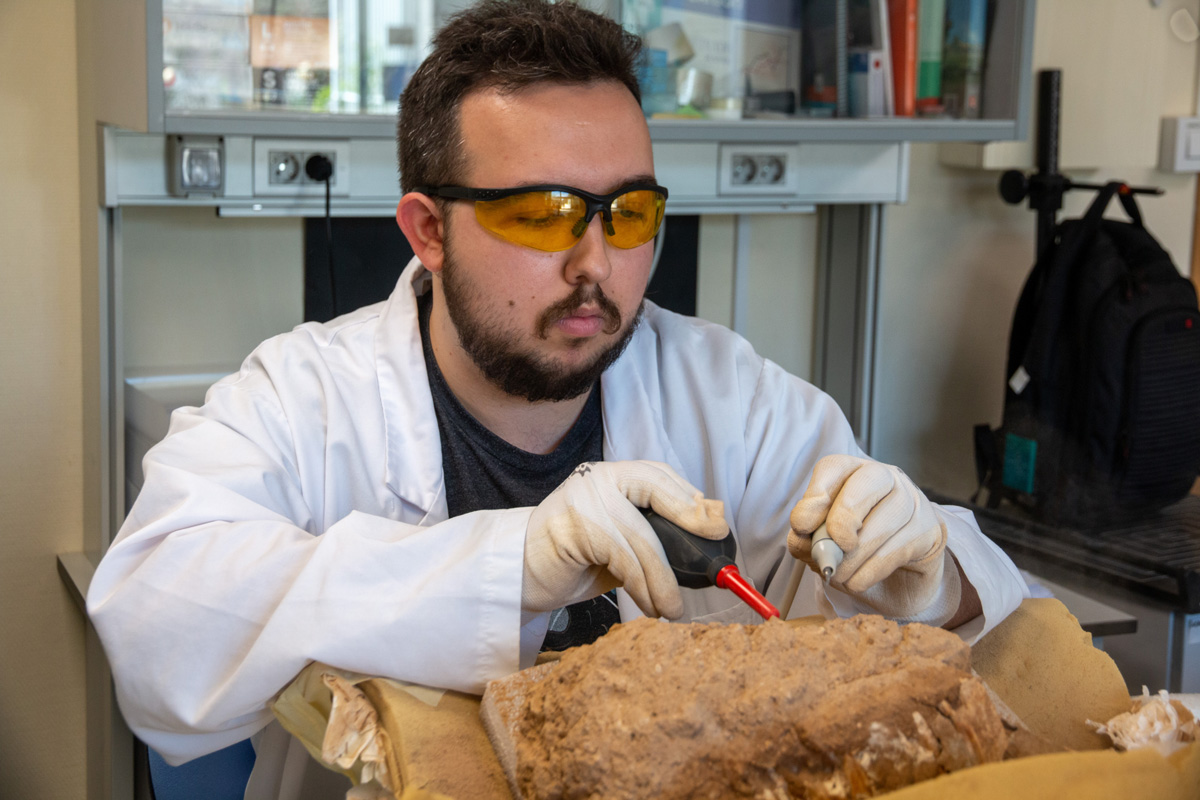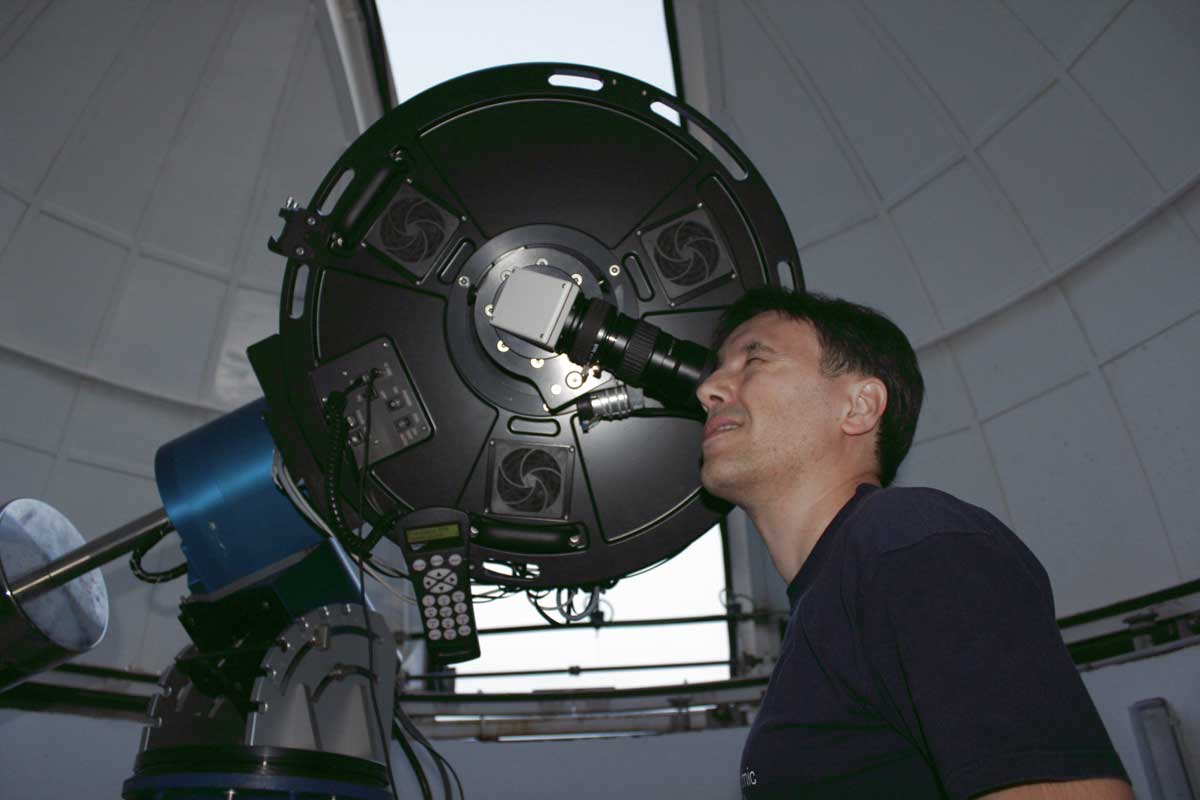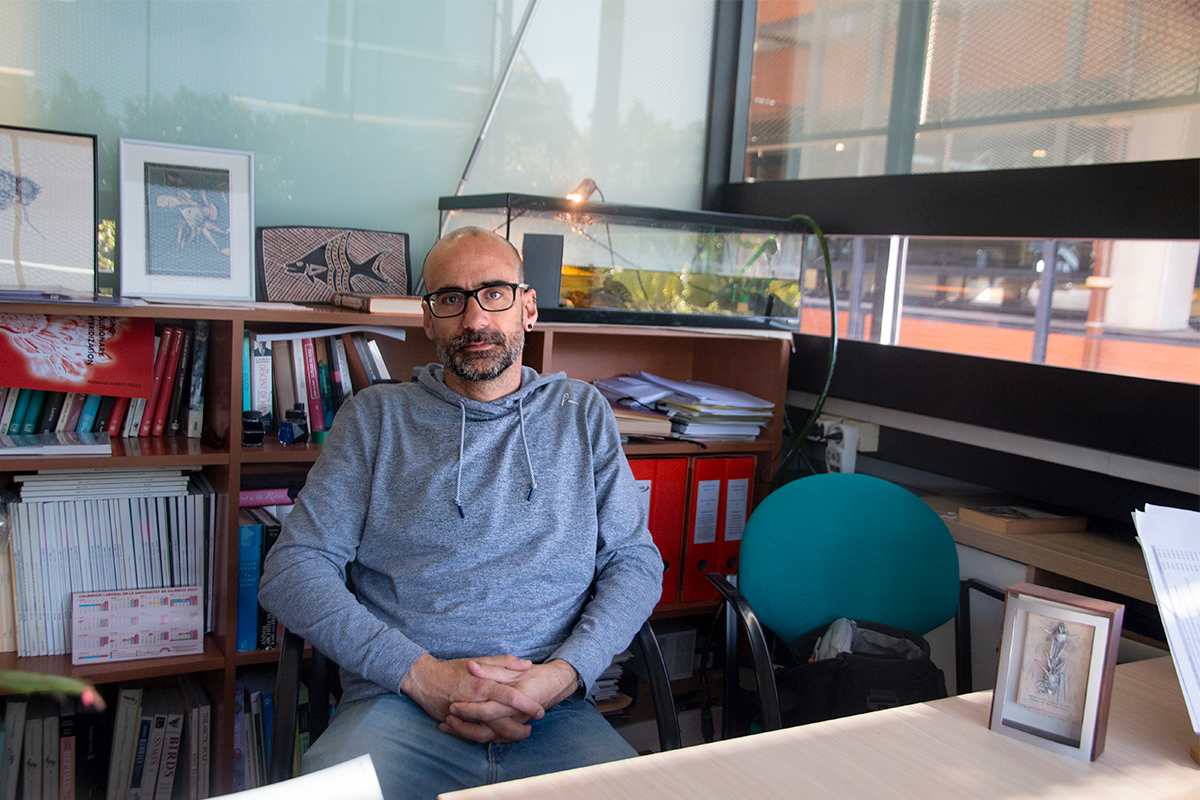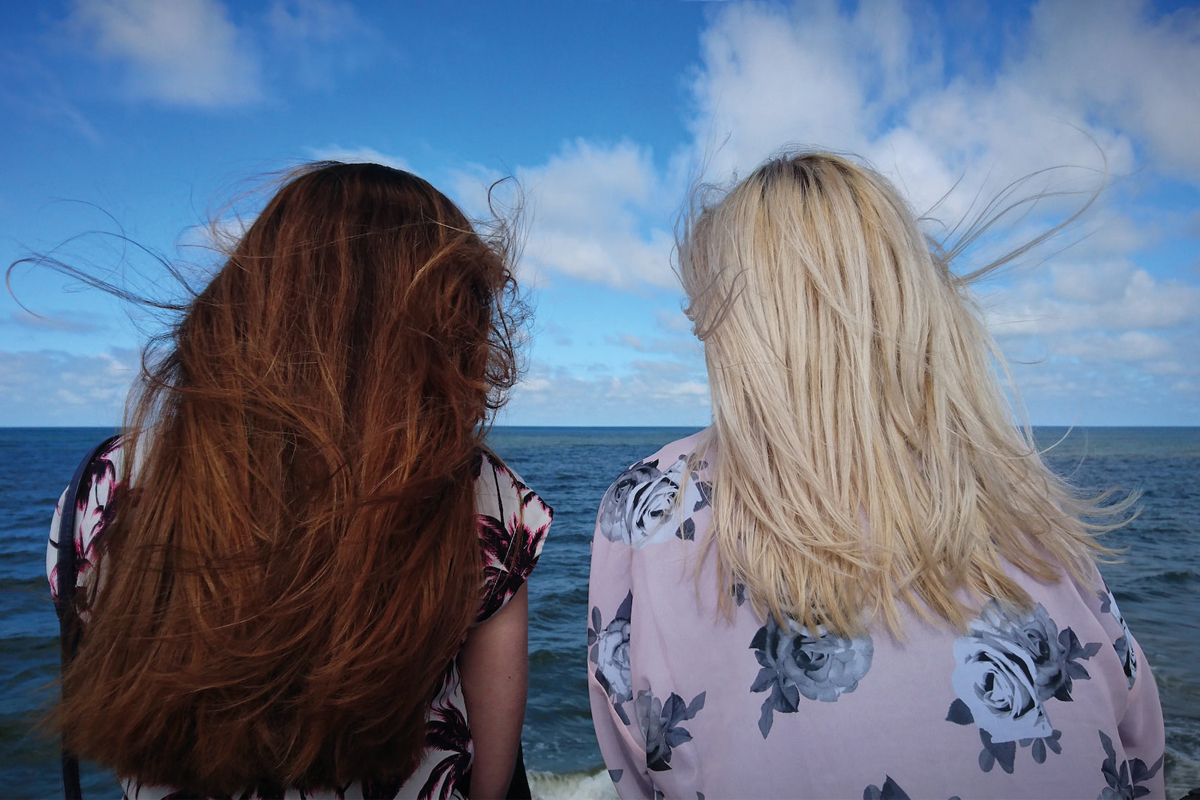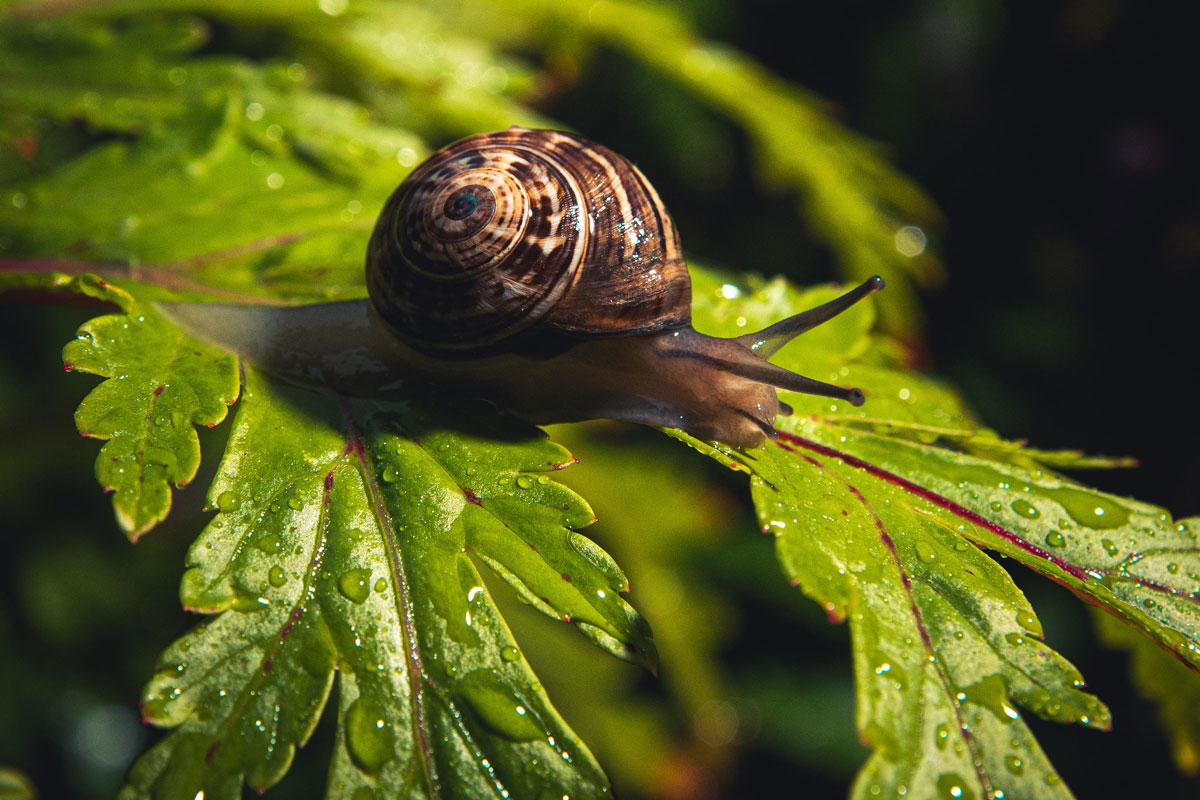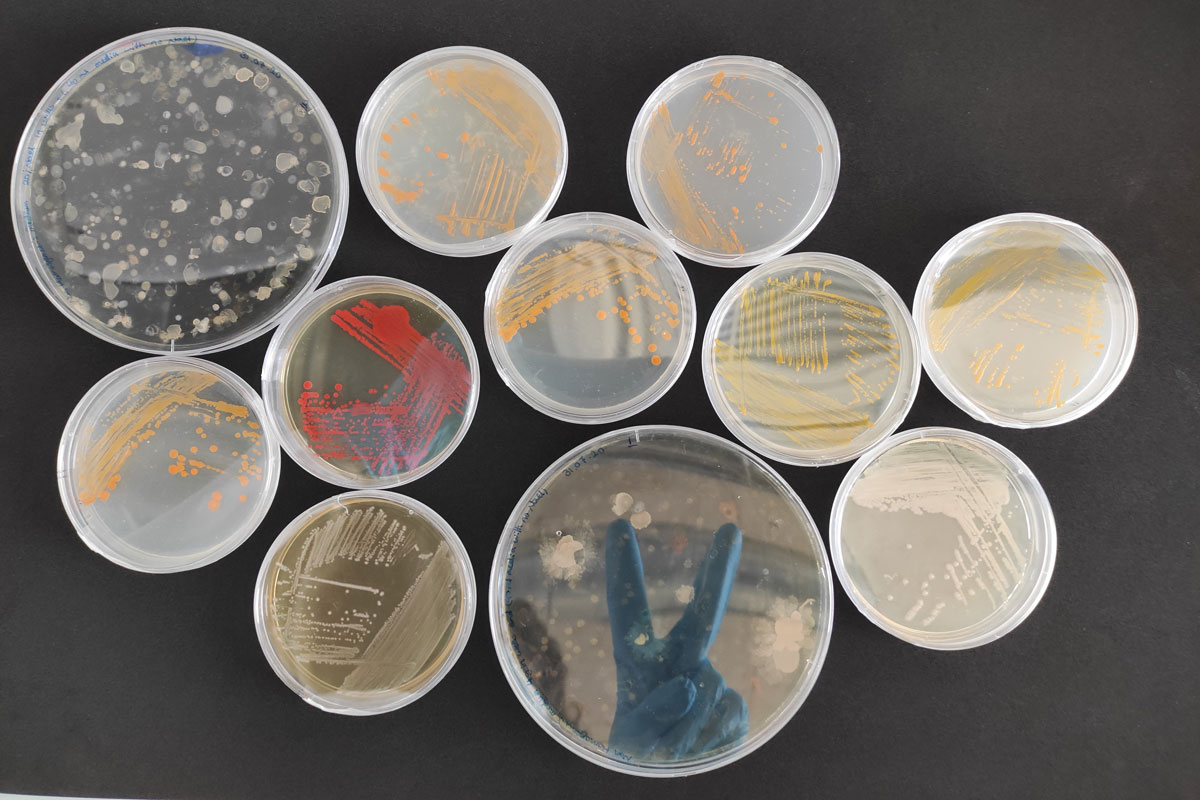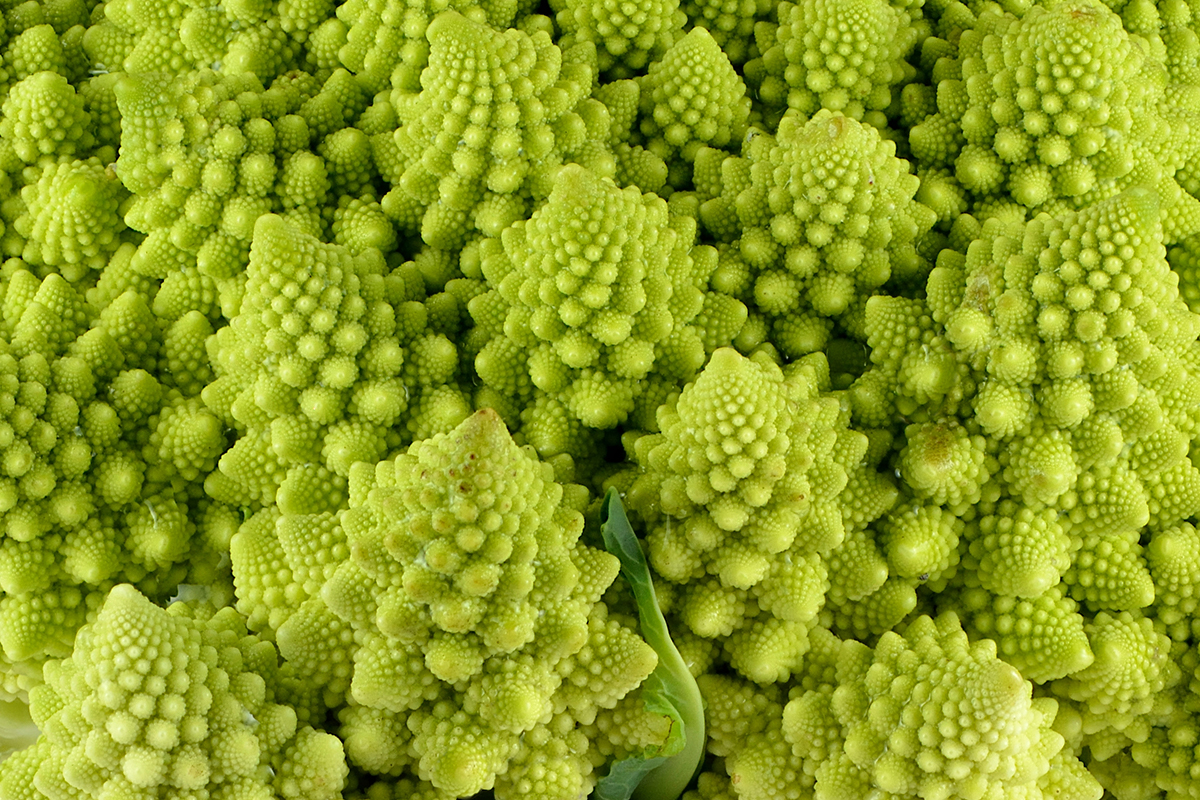- There is a great diversity of organisms that have adapted to live among us. Not only arthropods, but also vertebrates such as geckos, bats, owls and, in some highly urbanised countries, even foxes, deer, and bears.Humans are born rather undeveloped, compared to other species, which favours a better understanding of language and behaviour in society.
Mètode monograph 120 explores recreational science as a playful way of popularising science and engaging the public's curiosity.
Volume 14 of this English-language publication brings together the monographs published in 2023 on topics as diverse as scientific and nature photography, dinosaurs, primates and storytelling in science.
As the year draws to a close, we at Mètode have compiled the ten most read articles of 2023. We hope you enjoy reading them and thank you for your continued support!
The new Metode monograph, coordinated by Bienvenido León, focuses on storytelling as a tool for science communication.
METODE’S WHYS AND WHEREFORES
Álvaro Conejos is a research technician at the Natural History Museum of the University of Valencia. His job is to look after the scientific collections.
We visit the Institute of Molecular Science (ICMol) of the University of Valencia with José Jaime Baldoví, researcher and director of the 2D Smart Materials group.
Fernando Ballesteros, researcher at the Astronomical Observatory of the University of Valencia, searches for moons orbiting exoplanets using the Kepler space telescope.
In this new Science Space, we visit the Cavanilles Institute of Biodiversity and Evolutionary Biology, where Pau Carazo studies the evolution of behaviour and sexual selection.
Miguel García-Guerrero, Viridiana Esparza-Manrique

LATEST MÈTODE ISSUE
25 YEARS OF MÈTODE
No posts were found.

